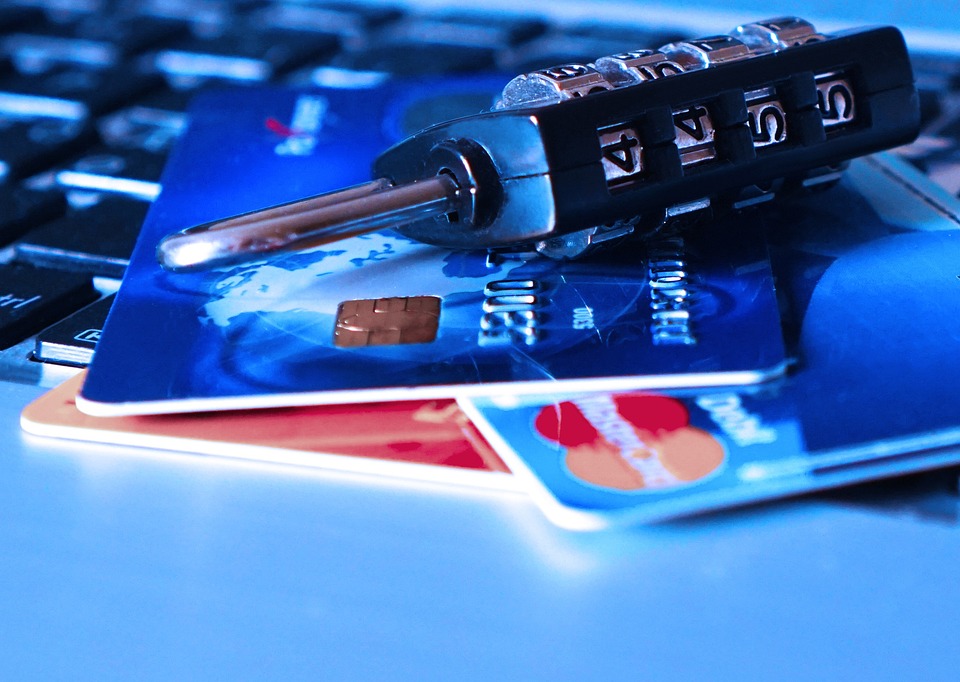Understanding Credit Scores
Your credit score is a crucial factor that lenders consider when you apply for a loan. It reflects your creditworthiness and tells lenders how likely you are to repay borrowed money. Ranging from 300 to 850, a higher score indicates better credit health. If you have a bad credit score, typically considered to be below 580, you may face higher interest rates or even be denied a loan altogether.
Check Your Credit Report
The first step in improving your bad credit score is to obtain a copy of your credit report. You can request a free report from each of the three major credit bureaus—Equifax, Experian, and TransUnion—once a year at AnnualCreditReport.com. Review your report for any inaccuracies or errors that may be dragging your score down.
Dispute Any Errors
If you spot inaccuracies in your credit report, such as incorrect payment history or accounts that don’t belong to you, it’s essential to dispute these errors. Follow the dispute process outlined by the credit bureaus, which usually involves submitting documentation to support your claim. Correcting these errors can significantly improve your score.
Pay Your Bills on Time
Your payment history is one of the most critical factors affecting your credit score. Late payments can stay on your credit report for up to seven years. To improve your score, make it a priority to pay all your bills on time. Setting up automatic payments or reminders can help ensure you never miss a due date.
Reduce Your Credit Utilization Ratio
Your credit utilization ratio is the percentage of your total available credit that you are currently using. A lower ratio is better for your credit score. Ideally, you should aim to keep your usage below 30%. If your ratio is high, consider paying down existing debt or asking for a credit limit increase, which can help reduce your utilization ratio.
Consider Debt Consolidation
If you have multiple debts, consolidating them into a single loan can simplify your payments and potentially lower your interest rates. This can help you pay off your debt faster and improve your credit utilization ratio, leading to a better credit score.
Establish a Budget
Creating a budget can help you manage your finances effectively, ensuring you can pay your bills on time and reduce debt. Track your income and expenses, prioritize essential payments, and allocate funds for debt repayment. A well-structured budget can prevent future financial pitfalls and improve your creditworthiness.
Become an Authorized User
Another effective strategy to improve your credit score is to become an authorized user on a family member or friend’s credit card. If they have a good payment history and low credit utilization, their positive credit behavior can reflect on your credit report, boosting your score. However, ensure that the primary cardholder maintains responsible credit habits.
Limit New Credit Applications
Every time you apply for new credit, a hard inquiry is made on your credit report, which can temporarily lower your score. To improve your credit score, limit the number of new credit applications you make. Instead, focus on managing existing accounts responsibly.
Be Patient and Persistent
Improving a bad credit score takes time and consistent effort. Stay committed to your financial goals, monitor your progress, and celebrate small victories along the way. Over time, as you implement these strategies, you will see improvements in your credit score, making you a more attractive candidate for loans.
Conclusion
Before applying for a loan, taking steps to improve your bad credit score can save you money and increase your chances of approval. By checking your credit report, disputing errors, paying bills on time, reducing credit utilization, and establishing a solid financial plan, you can enhance your creditworthiness and open the door to better loan options.


